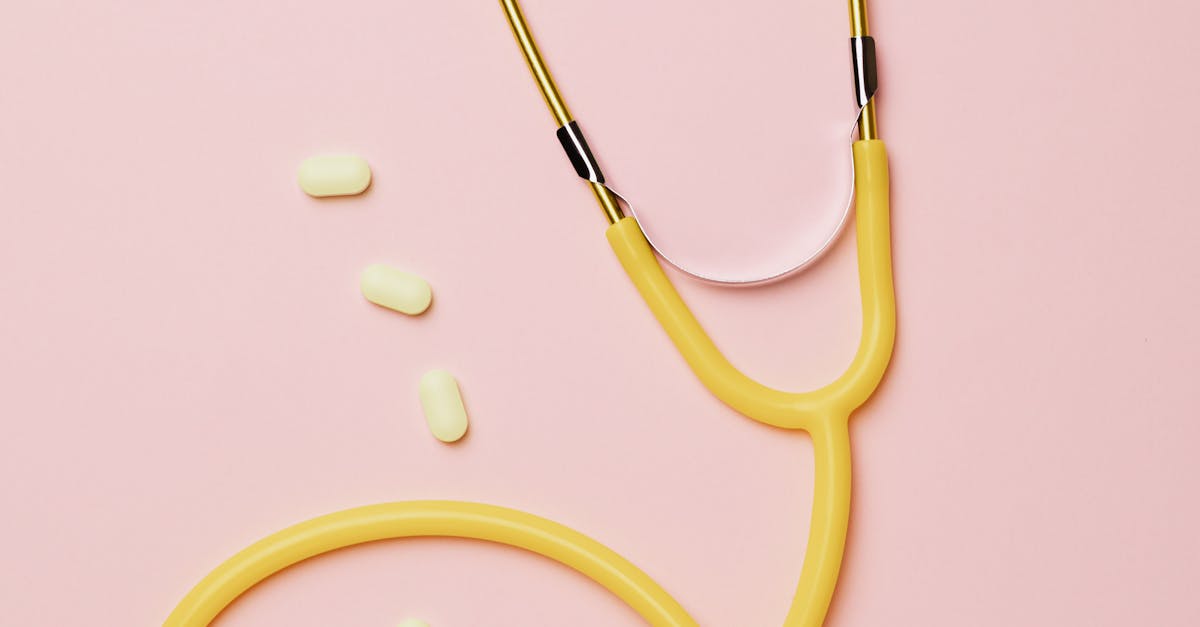
Achieving Optimal Results with Laser Skin Resurfacing
Acne Treatments for Different Skin TypesMaximizing Results and Longevity
To maximize the results and longevity of your laser skin resurfacing treatment, it is crucial to follow the post-procedure care instructions provided by your specialist diligently. This typically includes keeping your skin hydrated, avoiding direct sun exposure, and using gentle skincare products recommended by your provider. By adhering to these guidelines, you can support the healing process and enhance the overall outcome of the treatment.Gentle Cleansers and Moisturizers
In addition to following post-treatment care routines, adopting a healthy lifestyle can also contribute to prolonging the effects of laser skin resurfacing. Eating a balanced diet rich in vitamins and antioxidants, staying hydrated, getting enough sleep, and avoiding smoking can all positively impact the health and appearance of your skin. By maintaining a skincare routine that aligns with your provider's recommendations and leading a healthy lifestyle, you can optimize the results of your laser treatment for long-lasting benefits.When it comes to managing acne, choosing the right cleansers and moisturizers can make a significant difference in the health of your skin. For those with acne-prone skin, it is essential to opt for gentle cleansers that effectively remove dirt, oil, and impurities without stripping the skin of its natural oils. Look for non-abrasive and non-irritating formulas that are specifically designed for sensitive or acne-prone skin.
Tips for Prolonging the Effects of Laser TreatmentIn addition to a gentle cleanser, incorporating a suitable moisturizer into your skincare routine is crucial. Even if you have oily or acne-prone skin, using a lightweight, oil-free moisturizer can help maintain the skin's hydration levels without clogging pores. Look for products that are labeled as non-comedogenic, meaning they are formulated to not block pores which can lead to breakouts. Strike a balance by choosing products that provide adequate hydration without exacerbating acne concerns.
Proper post-treatment care is essential in maximizing the benefits of laser skin resurfacing. One key tip for prolonging the effects of your laser treatment is to diligently follow the skincare routine recommended by your dermatologist or provider. This may include specific cleansers, moisturizers, and sunscreens that are tailored to your skin type and the specific laser treatment you underwent.Combination Skin
Another crucial aspect to consider is protecting your skin from the sun. Harmful UV rays can not only reverse the effects of your laser treatment but also cause damage to your skin. It is important to wear sunscreen with at least SPF 30 daily, reapply it every few hours if you are outdoors, and wear protective clothing like hats and sunglasses to shield your skin from direct sunlight. By following these post-treatment tips, you can help maintain the results of your laser skin resurfacing procedure for an extended period.Combination skin can be a bit tricky to manage when it comes to acne treatment. This skin type typically includes both oily and dry areas, requiring a careful balance in product selection. When treating acne on combination skin, it's important to use products that are gentle yet effective. Look for non-comedogenic cleansers and moisturizers that won't clog pores or exacerbate oiliness in the T-zone while providing adequate hydration to drier areas. This helps maintain a healthy balance without stripping the skin of essential oils.
Choosing the Right ProviderIn addition to gentle cleansers and moisturizers, opt for acne treatments specifically formulated for combination skin. Products containing salicylic acid or benzoyl peroxide can be beneficial in targeting acne-causing bacteria and reducing inflammation without causing excessive dryness. Treat oily areas with spot treatments while being mindful of the drier areas that may require lighter application. By customizing your skincare routine to address the unique needs of combination skin, you can effectively manage acne breakouts while maintaining overall skin health.
When selecting a provider for laser skin resurfacing, it is crucial to consider their qualifications and expertise in performing these procedures. Look for a specialist who has extensive experience in laser treatments and a proven track record of successful outcomes. Check their credentials and certifications to ensure they have the necessary training and skills to meet your expectations.Acne Treatments for Combination Skin
Additionally, it is recommended to schedule consultations with potential providers to discuss your goals and assess their approach to treatment. A reputable provider will take the time to listen to your concerns, answer your questions, and tailor a customized treatment plan that aligns with your needs. By choosing a skilled and dedicated provider, you can increase the likelihood of achieving optimal results with laser skin resurfacing.For individuals with combination skin, managing acne can be a bit tricky due to the presence of both oily and dry areas on the face. When choosing acne treatments, it's essential to strike a balance to address both concerns effectively. Opt for products that are gentle on the skin yet potent enough to combat acne-causing bacteria.